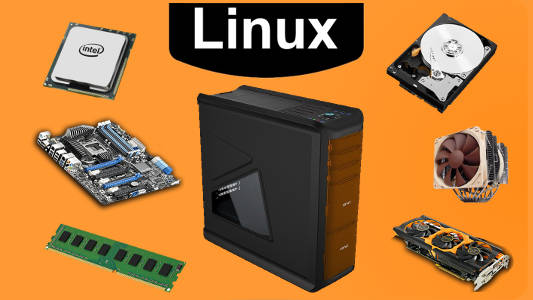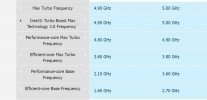L
Lufo
Guest
I built plenty of ATX sized computes years ago and took a long break after my Win 7 Gigabyte build. So much has changed in technology and I am behind the times for certain. I need guidance please on a Linux computer build that uses an Intel i7 gen 12 CPU, SFF board/case, power supply, SSD (256), memory(16g), etc. I have no idea who the reputable MB manufacturers are now or cases.
The PC will be for non-gaming, home use. Basic internet, some light graphic and art editing. I tend to over build for future proof. I am now learning the difference between Micro-ATX and Mini-ITX. Looks like either will work but I don't really want to go fanless.
Many thanks,
Lufo
The PC will be for non-gaming, home use. Basic internet, some light graphic and art editing. I tend to over build for future proof. I am now learning the difference between Micro-ATX and Mini-ITX. Looks like either will work but I don't really want to go fanless.
Many thanks,
Lufo
Last edited by a moderator:












